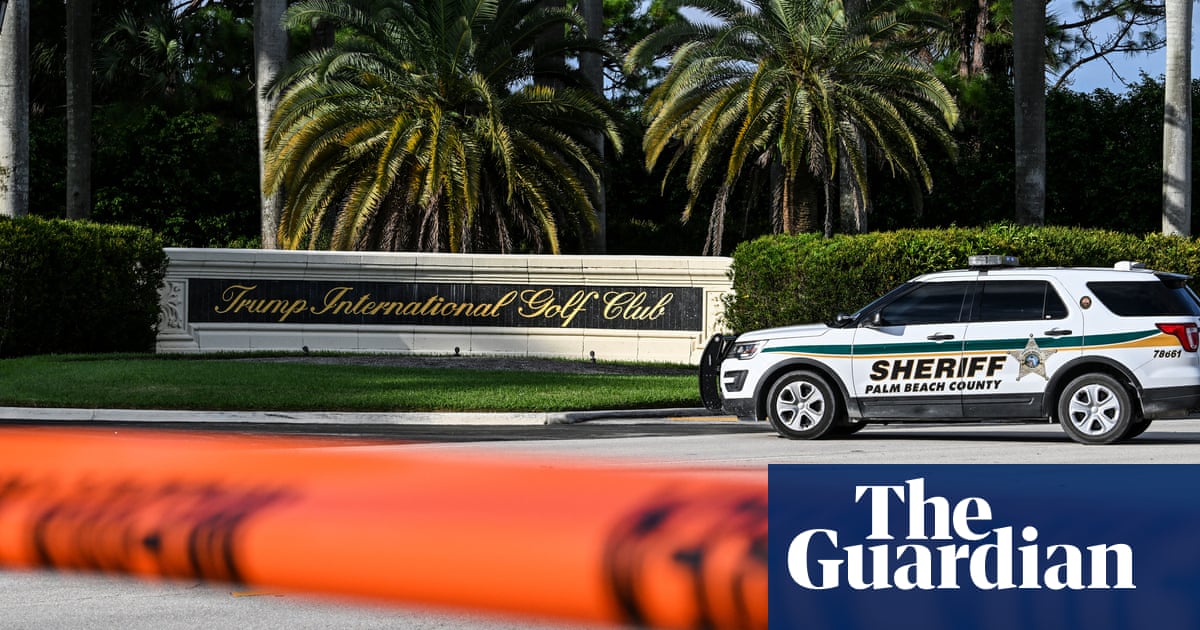You have a preview view of this article while we are checking your access. When we have confirmed access, the full article content will load.
Appearing together publicly for the first time in the history of their agencies, the heads of the U.S. and British intelligence services discussed Ukraine’s incursion into Russia and the war in Gaza.

Sept. 7, 2024Updated 1:03 p.m. ET
The chiefs of the C.I.A. and the British Secret Intelligence Service, appearing together publicly for the first time in the history of their agencies, said on Saturday in London that Ukraine’s surprise offensive in the Kursk region had exposed vulnerabilities in Russia’s military and was an “audacious” effort to “try and change the game” in the two-and-a-half-year-old war.
“The Kursk offensive is a significant tactical achievement,” said William J. Burns, the director of the C.I.A. He said it had “put a dent” in the narrative propagated by President Vladimir V. Putin that Russia would grind down Ukraine and exploit divisions in the Western alliance to dictate the terms of a settlement.
Richard Moore, the chief of the British service, also known as MI6, said it was “typically bold and audacious on the part of the Ukrainians to try and change the game,” adding, “I think they have, to a degree, changed the narrative.”
For two of the world’s most powerful spy chiefs, it was a deeply unaccustomed setting: seated next to each other on a sofa, chatting about the most sensitive intelligence issues their agencies face, before an audience gathered by The Financial Times at an annual festival, which features a champagne-tasting tent and panels on subjects like “How can we justify eating steak?”
Neither Mr. Burns nor Mr. Moore suggested that the Kursk offensive would change the course of the war. Russian troops have continued what Mr. Moore described as their “pyrrhic” march through Ukrainian territory. Both warned of dangerous new developments like Iran’s transfer of ballistic missiles to Russia, which Mr. Burns said would represent a “major escalation,” though he did not confirm published reports that such a transfer of short-range missiles had already occurred.
Image

 German (DE)
German (DE)  English (US)
English (US)  Spanish (ES)
Spanish (ES)  French (FR)
French (FR)  Hindi (IN)
Hindi (IN)  Italian (IT)
Italian (IT)  Russian (RU)
Russian (RU)  1 week ago
1 week ago
























Comments